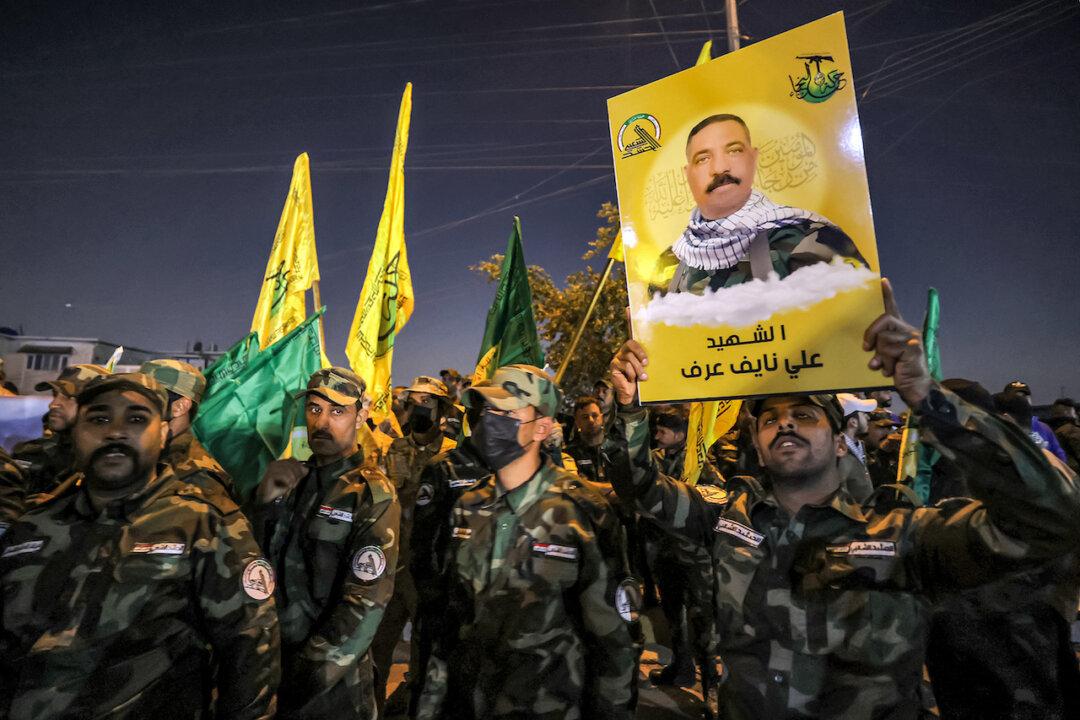Baghdad has condemned a fresh round of U.S. military strikes on targets inside Iraq, warning that the move will only aggravate tensions in the already volatile Middle East region.
“This unacceptable act undermines years of [U.S.–Iraq] cooperation, blatantly violates Iraq’s sovereignty, and amounts to an irresponsible escalation,” Iraqi military spokesman Yehia Rasool said in a Jan. 24 statement.





